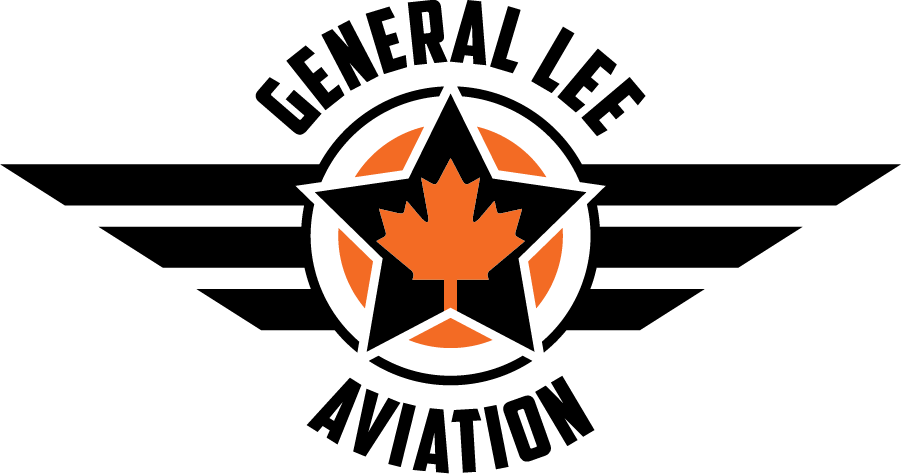Cross Cultural Communication and Adjustment Adaptation Services
Adapting to Academic and Cultural Life
If you ever feel that adapting to a new culture is impacting your studies or personal life, know that General Lee Aviation is here to support you.
- Reach out to the Student Support Program (SSP) for counselling via phone, online chat, or in-person sessions.
- Connect with Wellness Services for additional mental health and well-being resources.
- Speak to an academic advisor about your academic path or explore other resources available on campus.
- For course-specific concerns, you’re encouraged to speak with your instructor or Chief Flight Instructor.
We’re committed to providing a safe, private, and respectful space where you can access services like counselling, health care, gender-based violence support, and referrals to both on-campus and off-campus resources.
In urgent mental health situations, dial or text 988 (available across Canada). For immediate physical health assistance in Alberta, call 811.
For emergencies, contact 911 right away.
Getting to Know Canadian Culture
Canada’s multicultural society is made up of people from all backgrounds, ethnicities, and traditions. While it’s hard to generalize, there are shared customs and social values that many Canadians embrace.
Courtesy and Kindness
Canadians are widely recognized for being polite. Words like “please,” “thank you,” and “sorry” are used regularly. You might even hear someone apologize for something that wasn’t their fault—it’s part of the culture! Canadians usually prefer peaceful, respectful interactions and avoid conflict or confrontation whenever possible.
Waiting Your Turn
Queuing, or lining up, is the standard when accessing services. Skipping ahead is often viewed as disrespectful, so following the order of arrival is considered courteous.
Respecting Space and Boundaries
Canadians generally appreciate personal space—about an arm’s length when speaking to someone. Small talk is common, but topics are usually kept light, focusing on things like the weather or sports rather than personal beliefs or finances.
Diversity and Open-Mindedness
Given the cultural diversity in Canada, people are typically mindful about being respectful and inclusive. Canadians tend to avoid language or actions that could offend, and many take progressive positions on social issues.
Eye Contact and Communication
Maintaining eye contact while talking is a sign of sincerity and attentiveness. While it’s not expected constantly, it’s usually seen as friendly and respectful.
Being on Time Matters
Punctuality is valued. Whether for classes, meetings, or social events, arriving on time—or even a little early—is a sign of respect for others’ time.
Understanding Culture Shock
Culture shock happens when you find yourself in a new environment that feels unfamiliar or challenging. It’s a completely normal reaction when moving to a different country and can lead to a wide range of emotional responses—including curiosity, homesickness, frustration, or even anxiety.
Possible signs of culture shock include:
- Missing home and loved ones
- Feeling disinterested or unmotivated
- Wanting to be alone frequently
- Feeling isolated or overwhelmed
- Sleeping excessively or feeling constant fatigue
- Becoming irritable over small matters
- Experiencing physical tension or discomfort
- Being critical of local customs or habits
Stages of Culture Shock
- Honeymoon Phase
This is when everything feels new and exciting. You’re curious and optimistic about all the unfamiliar experiences and people around you. - Frustration and Resistance
After some time, those exciting differences may begin to feel frustrating. You may become irritated or homesick, and it’s common to withdraw or feel low energy. This is a good time to reach out for support—whether it’s counselling or campus resources. - Adaptation and Comfort
Gradually, you’ll start to settle in. Daily life will feel more manageable, and you’ll grow more familiar with the culture, people, language, and routines. - Acceptance and Integration
Eventually, you’ll feel a deeper sense of belonging. You’ll likely begin to appreciate both your home culture and your new one, seeing Canada not just as a place of study, but as a second home.
Strategies to Handle Culture Shock
The more you learn about Canadian culture, the more confident and comfortable you’ll feel. There are many ways to explore your host country—through books, online resources, or simply engaging in the community.
Here are some helpful tips:
- Talk to fellow international students who’ve been through similar experiences.
- Decorate your space with familiar items from home for comfort.
- Make a list of places you want to explore and experiences you want to try—like visiting Banff or going skiing.
- Stay in touch with family and friends from back home regularly.
- Allow yourself to miss home—it’s part of the process.
- Attend events on campus to meet people and build connections.
- Pick up a hobby that connects you with Canadian life—like hiking, photography, or snow sports.
- Volunteer in local events to get involved and practice English.
- Keep up with stress-relieving habits you had at home—whether it’s journaling, meditation, or exercise.
